The resumption of mandatory student loan payments under the Trump administration is causing financial distress for many Americans. NPR has gathered insights from individuals struggling to meet these renewed obligations.
More than 5 million Americans find themselves in default on their student loans as the five-year pause on repayments, initiated during the pandemic, comes to an end. Now, these individuals must begin repaying their debts.
According to Charlie Wise, a senior vice president at TransUnion, the sudden requirement to allocate funds for loan payments is proving challenging for many borrowers. “They’ve gotten very used to their finances without having to make that payment, and now they have to make room for that additional payment every month on their student loans in their finances,” Wise explains. “And some consumers are struggling to make those payments.”
NPR listeners shared their concerns about the financial difficulties posed by these payments. Catherine Wooten expressed, “It’s going to be hard to make ends meet.” Michael Harris voiced anxiety over the possibility of wage garnishment, saying, “I don’t know what to do. I’m very anxious that they may begin garnishment soon.” Jay Dia Castillo noted, “I would probably have to get a second job to even be able to afford the rent.”
Financial Decisions and Credit Impact
Wise highlights the tough financial decisions borrowers are facing, explaining, “Consumers who are constrained are always having to make trade-offs. What can they maybe put off? Where can they economize to make things happen?” He adds that student loans often rank low in the payment hierarchy, behind mortgages, auto loans, and credit card payments.
For some, even difficult choices haven’t been enough to manage the high bills. Jessica De la Berto, Sean Stevens, and Amy Tibble shared their experiences with unexpectedly high monthly payments. De la Berto was shocked by a $1,000 payment, Stevens faced an $800 monthly bill, and Tibble found her $900 payment “really suffocating.”
Maintaining Credit Scores
Failing to make payments can have significant consequences on one’s credit score. Wise cautions, “Your credit score will very likely take a hit. In some cases, a significant hit because of that major derogatory or major negative on your credit report.” He notes that those with excellent credit scores may suffer the most if they miss payments.
For individuals behind on payments, Wise advises contacting loan servicers for potential assistance programs. Nonetheless, he emphasizes the importance of finding ways to make payments to preserve credit scores and remain eligible for future credit opportunities like mortgages and auto loans.
Despite anticipated long wait times on the phone, Wise urges borrowers to resume payments as soon as possible. “Today is the best day to start. Tomorrow is the next best day,” he suggests. By resuming payments, borrowers can gradually improve their credit reports over time.
Understanding the full scope of financial obligations and identifying areas for spending reduction can help borrowers regain financial stability and improve credit scores.






